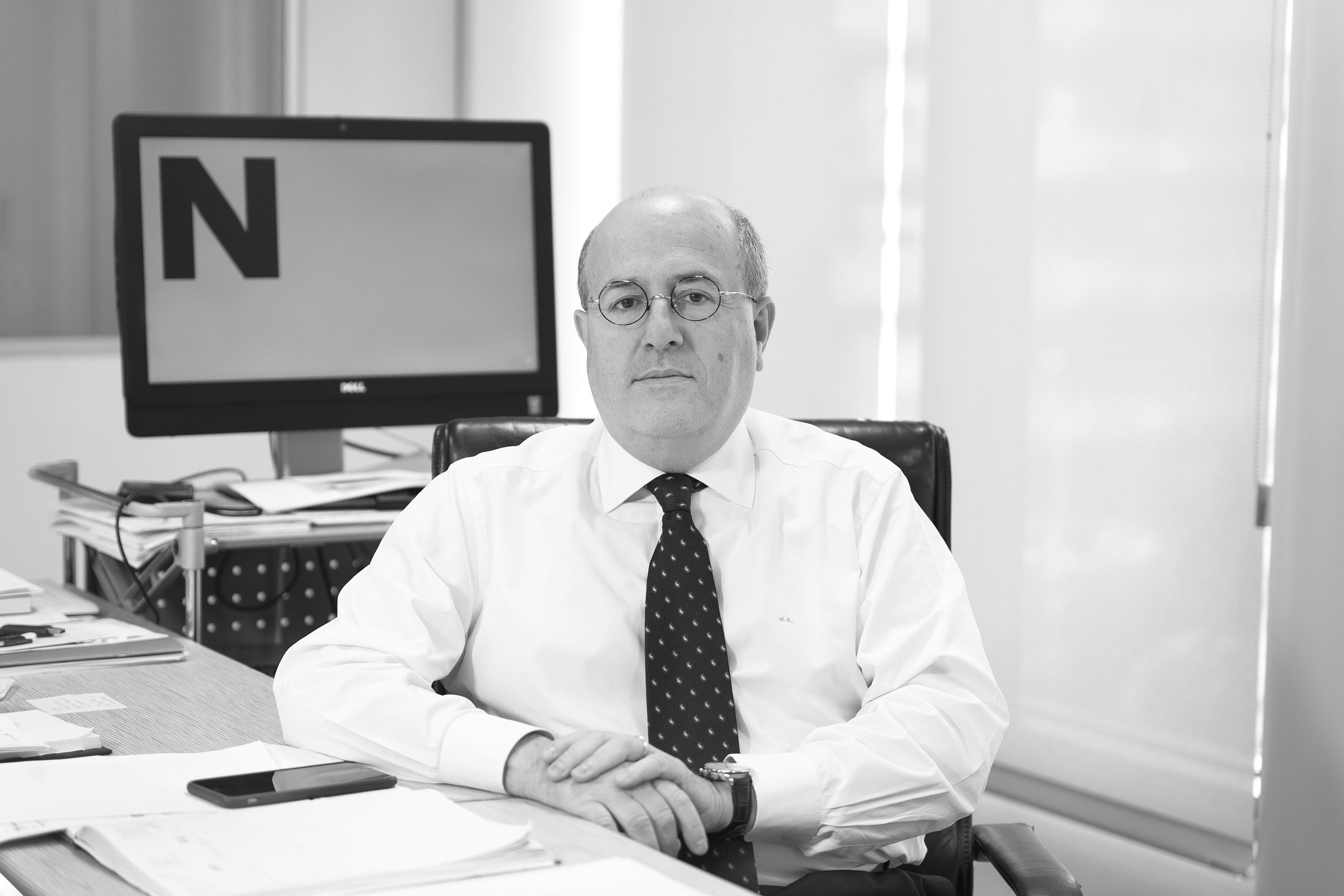The large-scale demonstrations held throughout the day in all the provincial capitals and many municipalities of Catalonia, which had its fullest expression in the enormous attendance at the afternoon's gathering in Barcelona which the Urban Guard put at 180,000 people, as well as the protest actions that took place on the anniversary of a day as symbolic as the 1st October allow us to draw various conclusions. It also allows us to return to political realism, what happens when a very significant part of the independence movement feels something between frustrated and restless for the lack of specificity of Catalan politics and very specifically of those who are obliged to lead the country forwards after last year's 21st December elections. The anniversary of the independence referendum had little to do with the demonstrations on 11th September. This "1-O" was much more playful than the 11th September Diada and more demanding of pro-independence politicians.
The first conclusion from this intense day is related to the wake-up call to the Catalan government as representative of the legitimacy won a year ago now in the self-determination referendum. They will be wrong those who want to see a change to everything that's happening, strongly focused on the government's actions, the call for the release of the prisoners and exiles, the denunciation of an unjust, political trial with a rigged outcome, and the international denunciation of a very authoritarian Spanish state with a profound deficit of democratic values. But they will also be wrong those who hope to reduce to a few thousand radicals the criticisms heard clearly during the demonstration which ended at the Ciutadella park, at the doors of the Parliament. The majority of the independence movement is restless, is terribly disciplined, but is not prepared to remain passive following the development of events.
The second conclusion from the day is the enormous strength of the public pushing their elected representatives. Former Parliament speaker, Carme Forcadell, today unjustly imprisoned in Mas d'Enric prison, in El Catllar, in Terres de l'Ebre country, blazed the trail in 2014 when she said that famous "President, put out the ballot boxes!" to Artur Mas. Today, the politicians are more dependent on the streets and no blank cheques exist. This Monday's demonstration was the first that's turned on the government, demanding they fulfil the 1st October and setting them homework.
The third conclusion is to do with the return to the streets of the shouts of "independence" and "the streets will always be ours". Obviously, they called for the release of the political prisoners, but the message was much more choral and much more political, if we can say that.
It's too early to tell whether this is a turning point in recent Catalan politics, which has been explained as a series of moves by various sides to deescalate the conflict. The general policy debate in the Parliament started this Tuesday and the intense October that lies ahead will provide clues on the impact the day had on pro-independence parties and the government.

